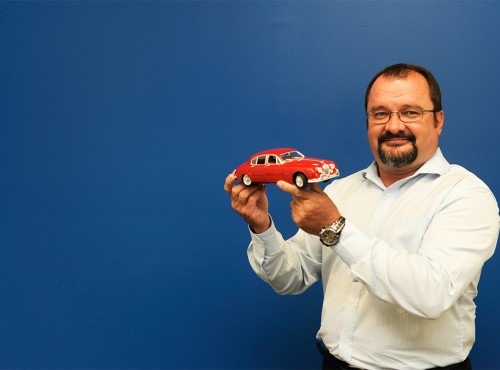
Money can be a major issue for all of us at some stage of our lives. But it doesn’t have to be. If you feel as though it’s a constant battle to get ahead, try making 2014 the year you get serious about achieving financial security. Five simple steps can get the ball rolling.
First, set a few realistic objectives for the year – like having $5,000 in a savings account by the end of this year, or paying an extra $50 off your home loan each month. Write your goals down, talk about them with your spouse or partner and make a diary date to review your progress at the mid-year mark.
Next, take action to achieve your objectives. If you’re planning to grow savings for instance, organise a regular automatic funds transfer from your everyday account into a separate savings account. If you’re hoping to grow some superannuation savings, talk to the boss about salary sacrificing. The main thing is to make it is easy as possible to make your goals a reality.
Step three is to budget and take control of your money. You will only achieve your objectives by spending less than you earn, and budgeting – leading to saving, is a vital part of that process. There are plenty of mobile apps to help with budgeting, or check out the online budget planner on the government’s MoneySmart website.
Step four is making a commitment to shopping around – and I don’t just mean at the supermarket. I am often amazed just how much money you can save by spending a little while getting a few different quotes. Each time you receive an insurance renewal notice for example, spend a few minutes checking how the premiums stack up against other providers. Slicing just a few dollars off the cost of your main financial products throughout 2014 can add up to big savings over the course of the year.
Step five is to start seeing yourself as an investor not just a saver. As a nation, we have a lot of cash tucked away in savings accounts and term deposits. That’s a good thing but these low risk, low return investments don’t provide capital growth, and that’s an essential aspect of growing wealth over time.
If you have some spare cash, consider investing in some shares, or invest indirectly through a managed share fund. Be prepared to hold onto your investment for the long term and let the shares do the hard work for you as they rise in value over time.
You can plan to build wealth yourself, and you don’t need to be a rocket scientist to do it. But if you’re unsure about where to start or you’d like the support of an expert, think about seeking professional financial advice in 2014. I know there are some shonks out there who want to separate you from your money but there is also a growing number of excellent advisers who can get you started – and help you stay on track, with the goal of becoming financially independent.























































